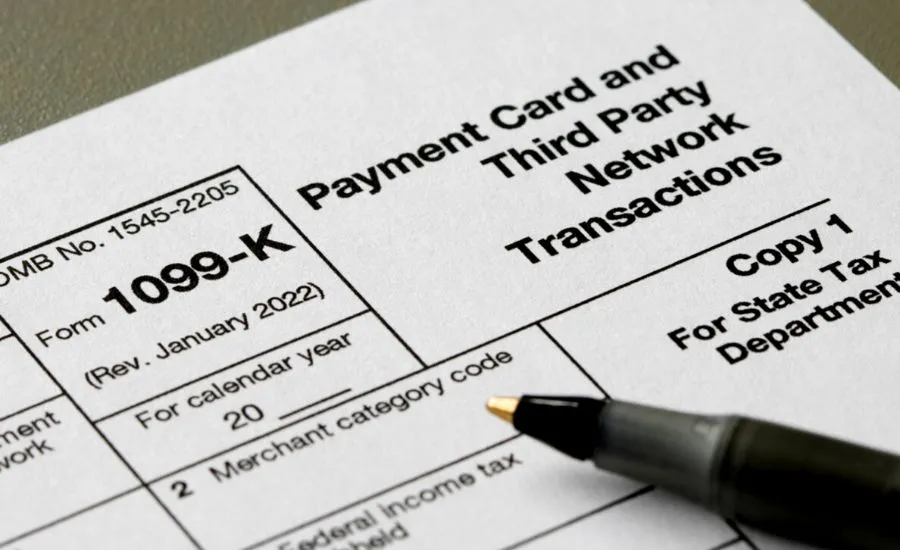The $600 threshold was established by Internal Revenue Code Section 6041 in 1954, and it does not take inflation into consideration.
The American Institute of CPAs expressed serious concerns about the Form 1099-K, Payment Card and Third Party Network Transactions, reporting threshold that was reduced to $600 for 2022 and will cause a great deal of confusion in the tax system in the coming months in a letter to the leadership of the Senate Finance Committee and the House Ways and Means Committee.
The American Rescue Plan Act of 2021 (ARPA) section’s 9674(a) reduced the de minimis threshold from $20,000/200 transactions to $600 for any number of transactions, with effect for 2022 Forms 1099-K that must be filed in 2023.
The Internal Revenue Code section 6041 established the $600 threshold in 1954, and the AICPA claims that it does not take into account increases in the cost of living that have occurred over the previous 70 years.
As part of ARPA, which was passed in March 2021, the de minimis threshold for information reporting was reduced, which will significantly increase the number of Forms 1099-K that must be submitted to the Internal Revenue Service (IRS) and provided to recipients by third-party settlement organizations and their electronic payment facilitators.
The letter claims that a disproportionately high reporting burden has been caused by the de minimis reporting threshold for third-party network transactions. More needs to be done to prevent taxpayers and practitioners from having to deal with yet another tax filing season in 2023 with unprecedented backlog levels causing further delays in processing returns and correspondence, historically low levels of telephone service, and incorrect notices and penalties being assessed and sent to taxpayers when the potential for matching is combined with the IRS’s ongoing processing backlog.
The National Taxpayers Union Foundation’s suggestion that the threshold be raised to “a level sufficient to exempt casual or low-level online activity” and the AICPA’s recommendation that the section 6050W(e) de minimis exception for reporting be cost-of-living adjusted4 (COLA) using 1954 as the base period for the $600 COLA are both supported. The AICPA agrees that $5,000 would be a significant improvement.
The tax laws are very complex. Our short blog articles cannot cover in full all the nuances of the rules. Your specific facts may hold various opportunities and possible risks that only trained, experienced, and highly qualified tax specialists can spot. We encourage you to find such help, rather than trying to figure it all out on your own. Consider giving this marketplace a try by posting your project and signing up here.
If you are a licensed tax professional interested in helping others either part or full-time, or ad hoc, come on in! Happy to have you. Our marketplace has the full suite of tools to communicate with clients including compliance calendars, task and message management, and billing. You can also quickly connect to knowledgeable colleagues who can complement your services with the ones you do not provide. Register here.








